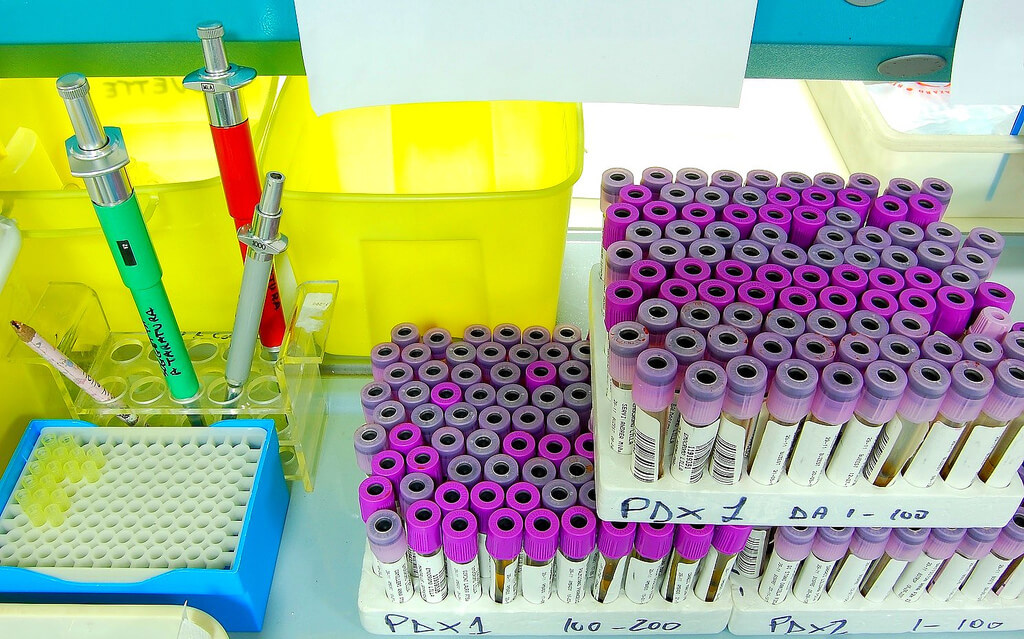As the US Food and Drug Administration tackles the controversial topic of mitochondrial manipulation and gene therapy, critics and supporters alike have sounded off across the blogosphere across science and mainstream publications around the country.
On Scientific American, Dina Fine Maron writes:
Scientists already have evidence for the promise of this type of oocyte modification. Shoukhrat Mitalipov of the Oregon Health & Science University and his colleagues created human embryos in this way, although they did not implant those embryos to make babies. Their findings were published in October 2012 in Nature.
A human clinical trial would be the next frontier, and Mitalipov says he has already proposed conducting one to the FDA, although its details remain confidential.
At a two-day hearing starting today the FDA advisory committee will broadly discuss the state of oocyte modification science and what clinical trials should look like for procedures designed to modify human eggs.
But Marcy Darnovsky, executive director of the Center for Genetics and Society, talks about the fears critics have that this reproductive approach could soon lead to tampering with other traits, such as intelligence or sports ability.
“Life is full of slippery slopes and we need brakes,” she says. “This is described as saving lives but it is not aimed at people who are sick,” she adds.
But some expressed caution. The LA Times Editorial Board recommended that the FDA advisory committee take it slow, pointing out that the monkeys born through the procedure in Oregon, where Mitalipov is, have not yet reproduced or lived out their life cycles. They are concerned that complications may yet arise in these monkeys or, possibly, in their offspring.
Darnovsky takes amplifies those concerns, warning against “high-tech consumer eugenics” and represent a precedent for a government body to approve human genetic changes.
Maron notes that this meeting is not for the FDA advisory committee to begin considering ethical issues, but to will focus on the scientific aspects of future clinical trial considerations, including long-term risk of carryover of abnormal mtDNA, the potential benefits and harm to mothers and future children, and the need for multigenerational follow-up in any trials (because female children could pass on mitochondrial disease to future offspring).
“Our job will be purely to air the issue and bring it out into the open,” says Evan Snyder, chair of the committee and director of the Stem Cell and Regenerative Biology Program at Sanford–Burnham Medical Research Institute in La Jolla, California.
“We’re focusing on if the field is ready for clinical trials to alleviate this real horrible human suffering,” Snyder says about the more established research for oocyte modification and genetic inheritance
But there are broader, societal concerns as well.
“There’s a whole other side of the argument that has little to do with safety and a lot more to do with how we think about children and whether we should be in the business of genetically modifying generations at all,” said Debra Mathews, assistant director for science programs at the Berman Institute of Bioethics at Johns Hopkins University.
All things considered, as war and continued racism around the country seems to remain rampant (including legislation being passed in states across the country to deny services to segments of the population), are we really ready for something as powerful as genetic manipulation?
Additional Resources:
- Making babies with 3 genetic parents gets FDA hearing, Scientific American
- FDA panel debates technique that would create embryos with three genetic parents, Washington Post
- U.S. FDA weighs evidence on producing ‘three-parent’ embryos, Chicago Tribune


